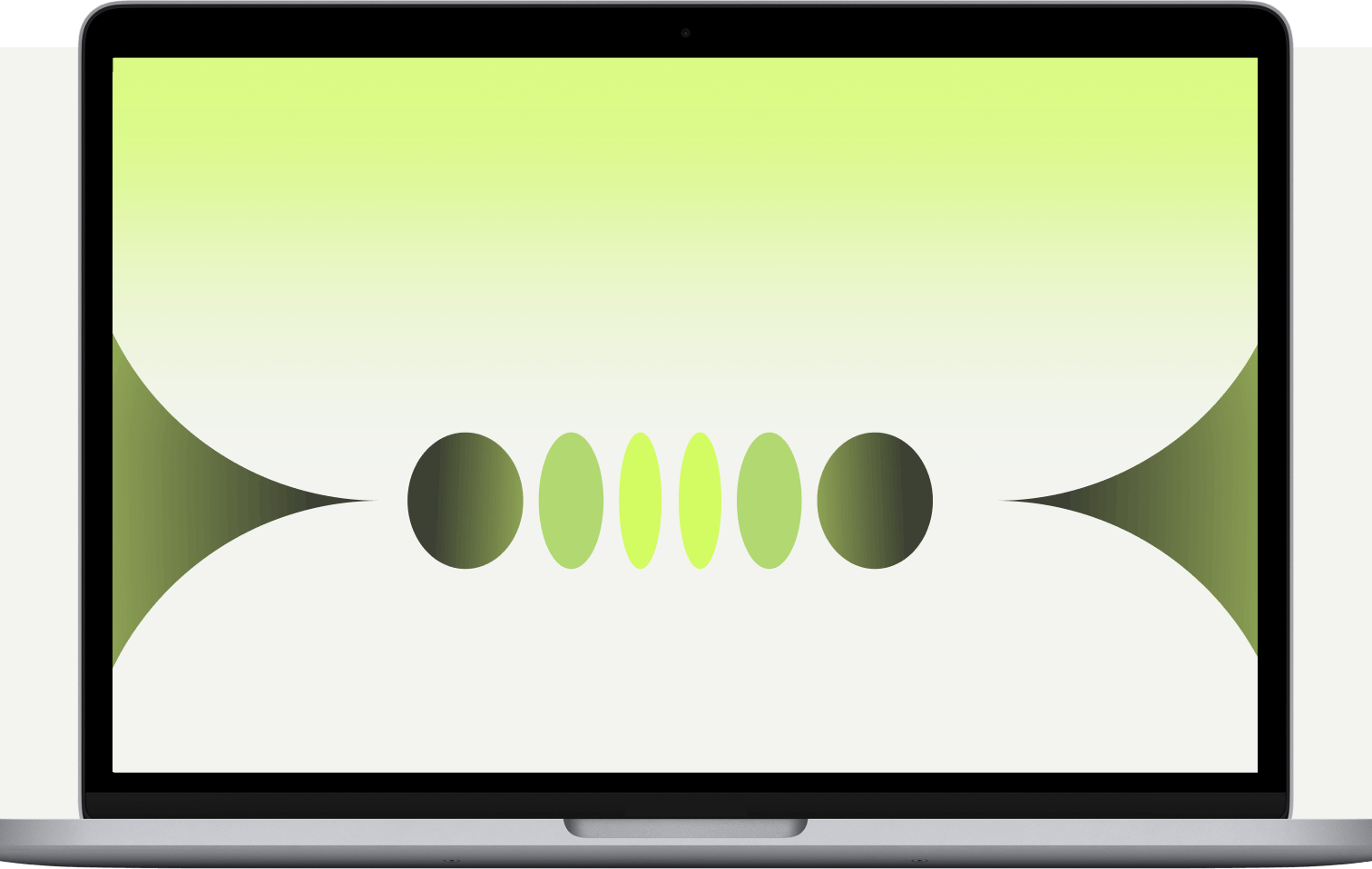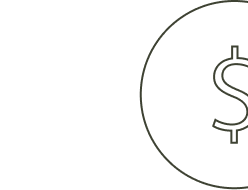Important Information
This website is managed by Ultima Markets’ international entities, and it’s important to emphasise that they are not subject to regulation by the FCA in the UK. Therefore, you must understand that you will not have the FCA’s protection when investing through this website – for example:
- You will not be guaranteed Negative Balance Protection
- You will not be protected by FCA’s leverage restrictions
- You will not have the right to settle disputes via the Financial Ombudsman Service (FOS)
- You will not be protected by Financial Services Compensation Scheme (FSCS)
- Any monies deposited will not be afforded the protection required under the FCA Client Assets Sourcebook. The level of protection for your funds will be determined by the regulations of the relevant local regulator.
Note: UK clients are kindly invited to visit https://www.ultima-markets.co.uk/. Ultima Markets UK expects to begin onboarding UK clients in accordance with FCA regulatory requirements in 2026.
If you would like to proceed and visit this website, you acknowledge and confirm the following:
- 1.The website is owned by Ultima Markets’ international entities and not by Ultima Markets UK Ltd, which is regulated by the FCA.
- 2.Ultima Markets Limited, or any of the Ultima Markets international entities, are neither based in the UK nor licensed by the FCA.
- 3.You are accessing the website at your own initiative and have not been solicited by Ultima Markets Limited in any way.
- 4.Investing through this website does not grant you the protections provided by the FCA.
- 5.Should you choose to invest through this website or with any of the international Ultima Markets entities, you will be subject to the rules and regulations of the relevant international regulatory authorities, not the FCA.
Ultima Markets wants to make it clear that we are duly licensed and authorised to offer the services and financial derivative products listed on our website. Individuals accessing this website and registering a trading account do so entirely of their own volition and without prior solicitation.
By confirming your decision to proceed with entering the website, you hereby affirm that this decision was solely initiated by you, and no solicitation has been made by any Ultima Markets entity.
I confirm my intention to proceed and enter this website Please direct me to the website operated by Ultima Markets , regulated by the FCA in the United Kingdom
Ultima Markets App
Trade Anytime, Anywhere
Join now to get a taste of the ultimate experience. Take off with 4 simple steps:
-
01
Open
A live account and get verified. -
02
Deposit
To your account through any of our supported deposit methods. -
03
Get Access
To hundreds of products and start trading. -
04
Withdraw
Your funds conveniently through any of our supported withdrawal methods.
Frequently Asked Questions
-
1.What is forex trading?
Forex trading, also known as foreign exchange trading, is the process of buying and selling currencies on the forex market with the goal of making a profit. Traders speculate on currency price movements like EUR/USD or GBP/JPY, aiming to capitalise on fluctuations in exchange rates. The forex market is the largest financial market in the world, operating 24 hours a day, five days a week, excluding weekends.
-
2.How to start forex trading?
To start forex trading, choose a regulated forex broker, open a trading account, fund it, and use a trading platform. Beginners should first practice on a demo account to understand forex trading strategies, risk management, and market trends. Always start small and learn consistently.
-
3.Is forex trading profitable?
Yes, forex trading can be profitable, but it also involves significant risk. Profitability depends on your trading strategy, risk management, market analysis, and discipline. Many traders use tools like technical indicators and economic calendars to enhance their chances of success in the forex market.
-
4.What is leverage in forex trading?
Leverage in forex trading allows traders to control larger positions with a smaller amount of capital. For example, with 1:100 leverage, a $100 deposit lets you trade $10,000. While leverage can amplify profits, it also increases the risk of larger losses, so it should be used carefully.
-
5.What are the forex trading hours?
Forex trading is open 24 hours a day, five days a week, excluding weekends. It starts with the Sydney session, followed by Tokyo, London, and New York. The best trading hours are usually during the overlap of the London and New York sessions, when market volatility and liquidity are highest.
-
6.How to learn forex trading?
You can learn forex trading through online courses, demo accounts, video tutorials, and educational articles. Start by understanding forex basics, currency pairs, technical and fundamental analysis, and risk management. Reputable brokers often offer free learning resources and webinars.
-
7.How to open a forex trading account?
To open a forex trading account, choose a licensed broker, complete the registration process, verify your identity (KYC), and fund your account. Once approved, you can log in to a trading platform and start trading currencies. Look for brokers that offer competitive spreads, fast execution, and reliable customer support.
Forex trading, also known as foreign exchange trading, is the process of buying and selling currencies on the forex market with the goal of making a profit. Traders speculate on currency price movements like EUR/USD or GBP/JPY, aiming to capitalise on fluctuations in exchange rates. The forex market is the largest financial market in the world, operating 24 hours a day, five days a week, excluding weekends.
To start forex trading, choose a regulated forex broker, open a trading account, fund it, and use a trading platform. Beginners should first practice on a demo account to understand forex trading strategies, risk management, and market trends. Always start small and learn consistently.
Yes, forex trading can be profitable, but it also involves significant risk. Profitability depends on your trading strategy, risk management, market analysis, and discipline. Many traders use tools like technical indicators and economic calendars to enhance their chances of success in the forex market.
Leverage in forex trading allows traders to control larger positions with a smaller amount of capital. For example, with 1:100 leverage, a $100 deposit lets you trade $10,000. While leverage can amplify profits, it also increases the risk of larger losses, so it should be used carefully.
Forex trading is open 24 hours a day, five days a week, excluding weekends. It starts with the Sydney session, followed by Tokyo, London, and New York. The best trading hours are usually during the overlap of the London and New York sessions, when market volatility and liquidity are highest.
You can learn forex trading through online courses, demo accounts, video tutorials, and educational articles. Start by understanding forex basics, currency pairs, technical and fundamental analysis, and risk management. Reputable brokers often offer free learning resources and webinars.
To open a forex trading account, choose a licensed broker, complete the registration process, verify your identity (KYC), and fund your account. Once approved, you can log in to a trading platform and start trading currencies. Look for brokers that offer competitive spreads, fast execution, and reliable customer support.
Start Trading
Or sign up for your demo account to practise with virtual funds.












